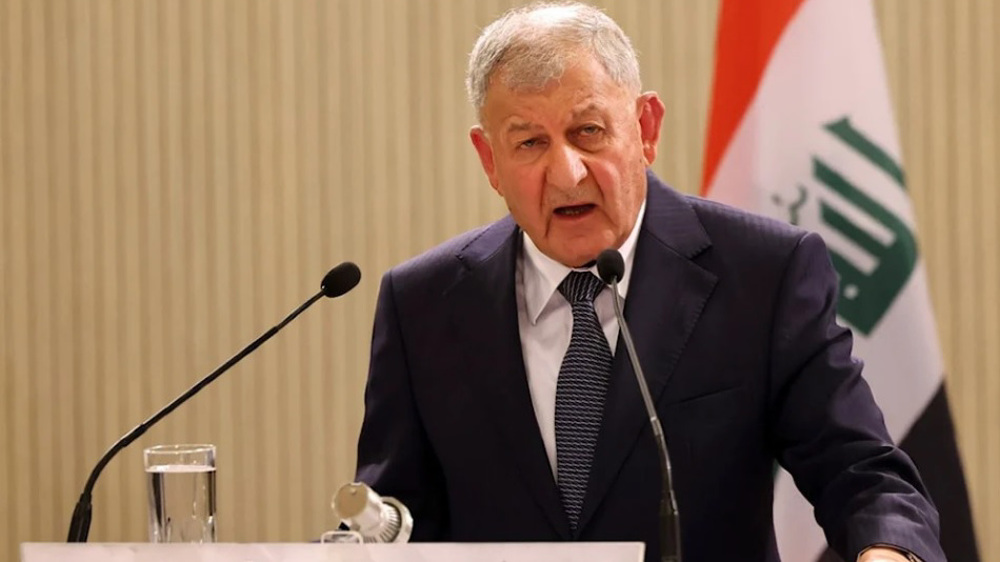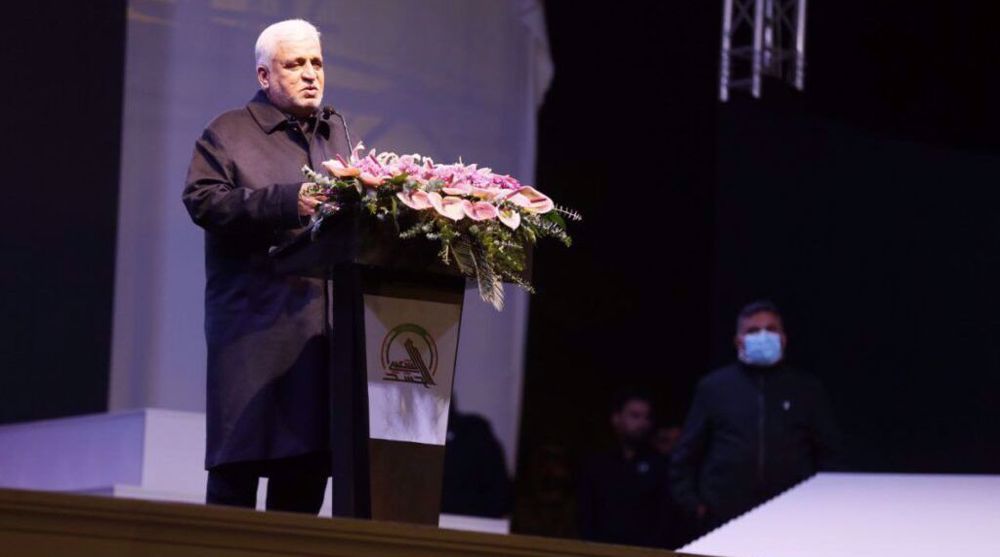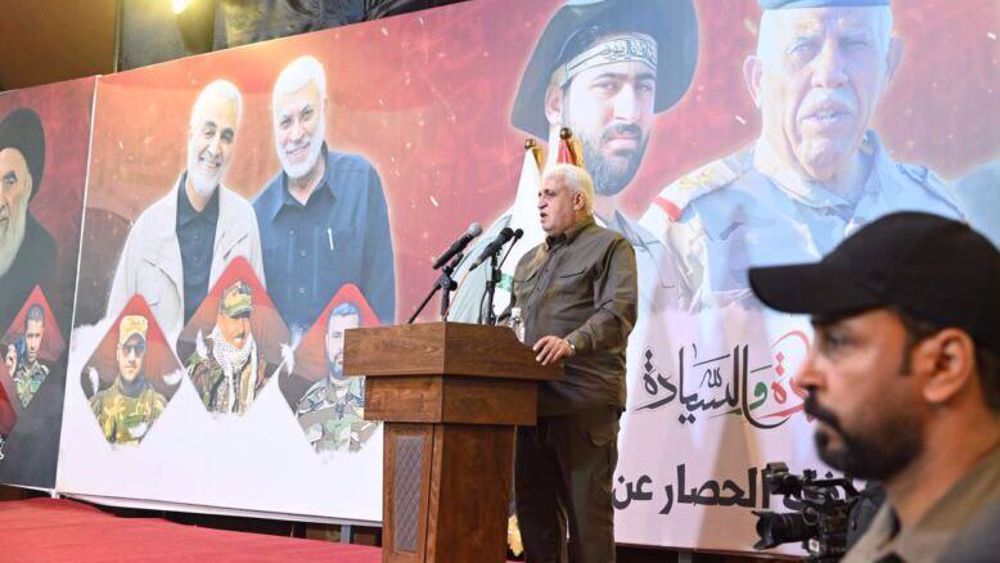Kurdish region never wanted war with Iraqi army: KRG foreign minister
The foreign minister of Iraq’s Kurdistan Regional Government (KRG) has said that the semi-autonomous region has never intended to engage in a confrontation with the Iraqi military.
In an interview with broadcaster CNN, Falah Mustafa Bakir underlined the need for dialog between the KRG and Iraqi government in an attempt to achieve a common understanding.
He also noted that the ongoing dispute is mainly related to the future of people in the Kurdish region and Iraq, and not about oil or the national flag.
The remarks came after the KRG announced its decision on Wednesday to postpone the presidential and legislative elections in the northern semi-autonomous region amid spiraling tensions with the Baghdad government in the wake of September 25 Kurdish independence referendum and a dire threat of civil war in the region.
The referendum was held despite strong opposition from the central government in Baghdad, the international community, and Iraq’s neighboring countries, especially Turkey and Iran.
Following the vote, Baghdad imposed a ban on direct international flights to the Kurdish region and called for a halt to its independent crude oil sales.

Baghdad also set a series of conditions that the KRG needed to meet before any talks on the resolution of the referendum crisis could start, including KRG’s commitment to Iraq’s unity and sovereign authority of the federal government on oil exports, security and border protection.
On Wednesday, a senior Iraqi military commander said Kurdish Peshmerga forces have pulled back to the positions they held in June 2014, before the Daesh Takfiri terrorist group swept through the country.
Read more:
The withdrawal came after the Kurds handed over their positions in the northwestern Nineveh Province to Iraqi troops following a 48-hour operation against Kurdish forces in the disputed areas.
Baghdad has long wanted the Kurds to pull out of the territories they seized during their advances against Daesh.
On Monday, Iraqi government forces and allied fighters entered the disputed oil-rich city of Kirkuk. Kurdish Peshmerga forces withdrew without a fight and thus Iraqi troops recaptured some neighborhoods, the Kirkuk provincial governor’s office, key military bases and several oil fields.
The oil fields won back accounted for over 400,000 of the 650,000 barrels per day that Iraq’s semi-autonomous Kurdistan Region used to export.
Iran Armed Forces confront all violations against the country’s soil: Ground Forces cmdr.
IRGC deploying ‘new weaponry’ during underway Ground Force drills
VIDEO | Press TV's news headlines
Another key hospital taken out of service by Israel in north Gaza
Iran's top medical association urges ‘safe’ release of Gaza hospital’s director
Hezbollah chief: Gen. Soleimani was a leader on strategic, intellectual levels
Euro-Med warns Dr. Abu Safiya’s life in great danger due to torture
MP: Israel violating ceasefire agreement with Hezbollah to make up for defeats












 This makes it easy to access the Press TV website
This makes it easy to access the Press TV website